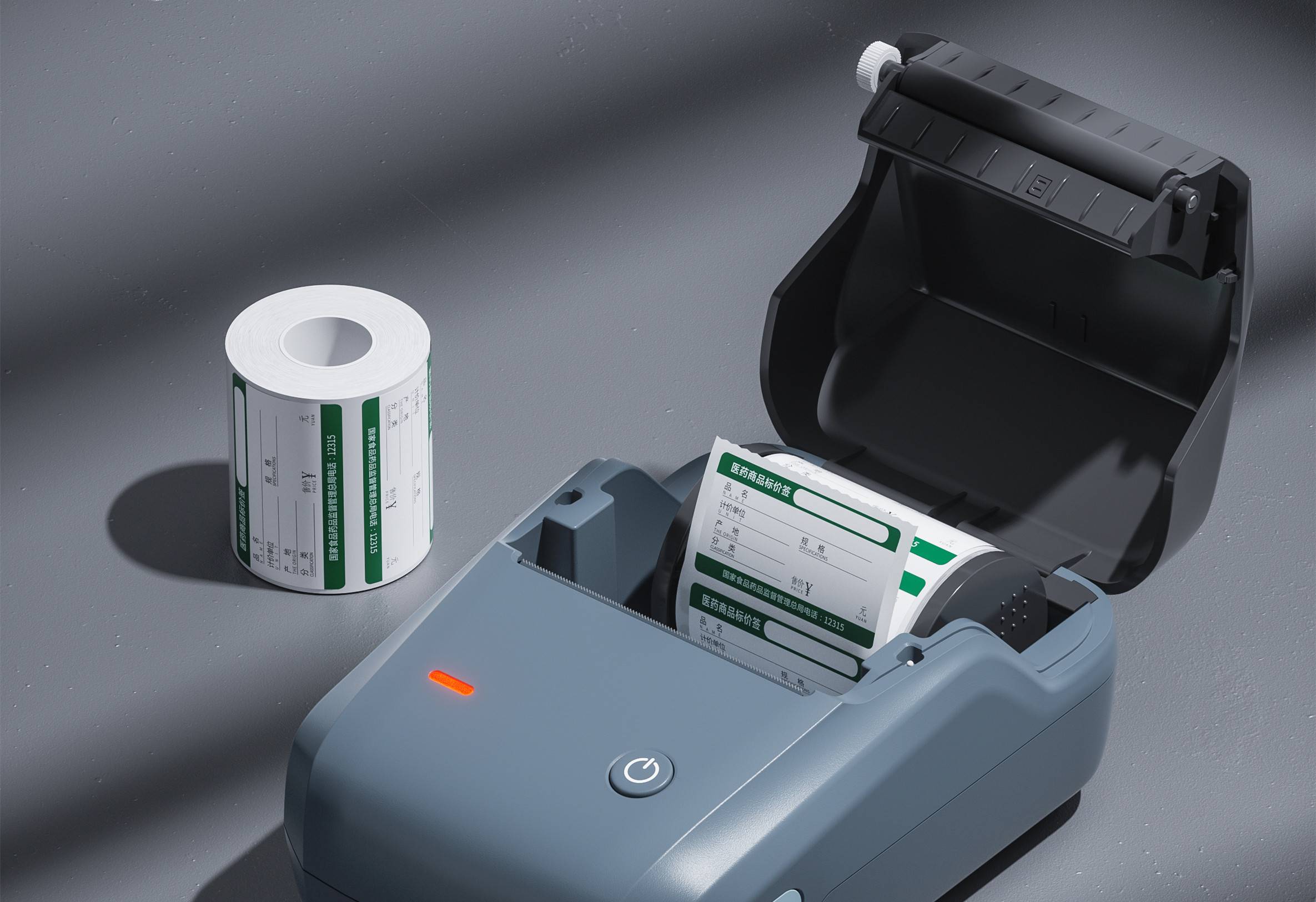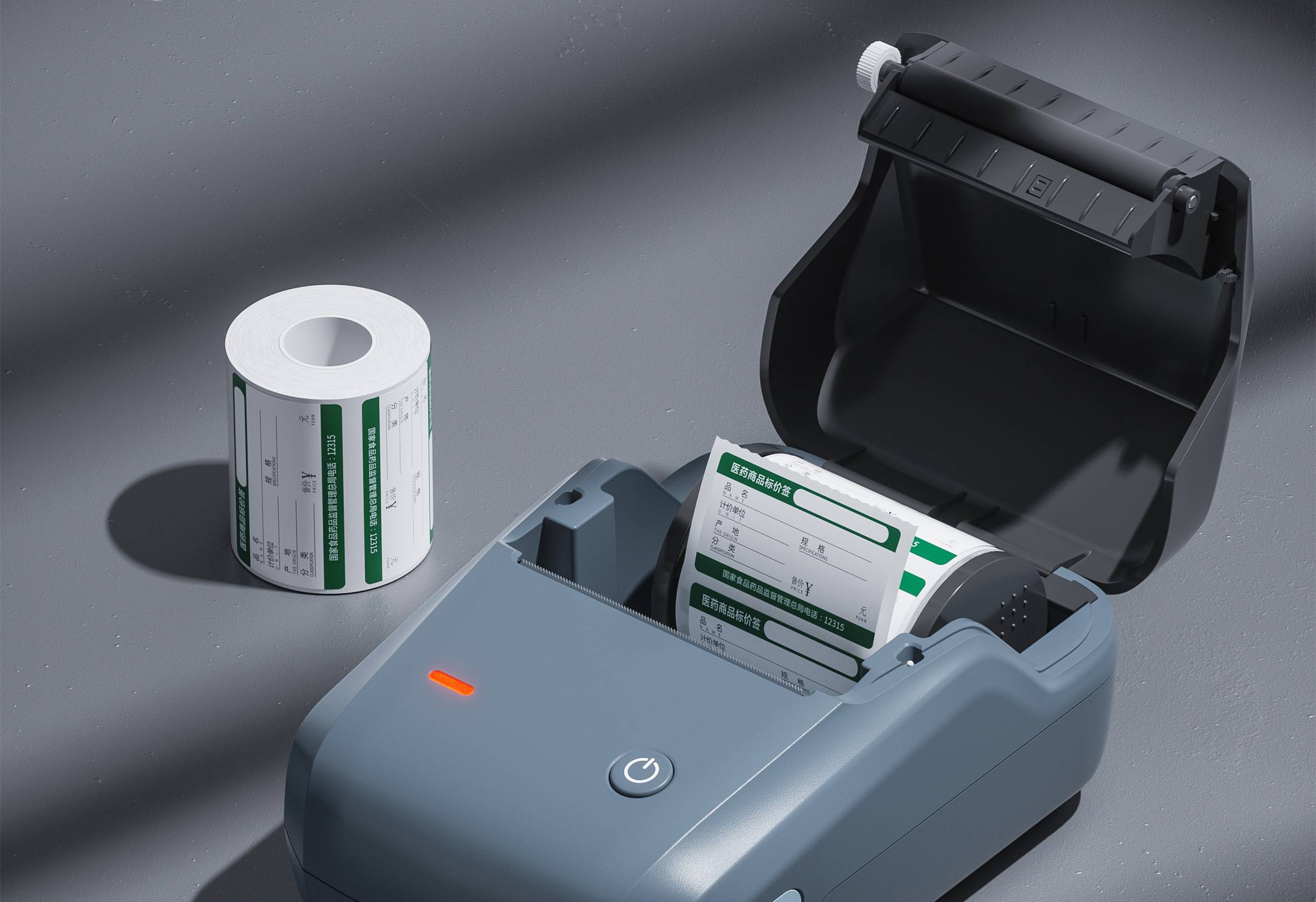
basic introduction
The elemental composition of metal materials plays a vital role in the mechanical properties, processing properties, durability and stability of materials. The component analysis laboratory can use a variety of equipment and means to detect the elemental composition and precise content of metal materials.
Scope of application
Ferrous metals (carbon steel, alloy steel, stainless steel, cast iron, iron alloy, etc.) and non-ferrous metals (aluminum alloy, copper alloy, zinc alloy, magnesium alloy, titanium alloy, nickel alloy, etc.), etc.
Project capabilities
Direct Reading Spectroscopy OES | Exciting the atoms of the material to cause an electronic transition, the composition of the composition and the precise content of the element are obtained during the process of receiving the characteristic spectrum and intensity during the electronic transition. |
Plasma emission spectroscopy ICP | After dissolving, the material is vaporized and dissociated into atoms or ions, and excited to produce an electronic transition. From the characteristic spectrum and intensity in the process of receiving the electronic transition, the composition and the precise content of the element are obtained. |
Wet titration | The material is dissolved into a solution, and various chemical quantitative reactions are used to obtain the element content. |
Gas element | Use a carbon-sulfur meter/oxygen-nitrogen meter/hydrogen meter to burn or melt the gas element, and use the absorption spectrum or thermal conductivity method to obtain the gas element content (C/S/O/N/H). |
X-ray fluorescence Spectral analysis X-Ray | Use primary X-ray photons or other microscopic ions to excite the atoms in the substance to be tested to make it fluorescent (secondary X-ray) for energy spectrum analysis. |
Energy spectrum analysis | The sample is irradiated with X-rays, the inner electrons or valence electrons of atoms or molecules are stimulated to emit photoelectrons, and the energy of the photoelectrons is combined with their relative intensity (pulse/s) to form an electron spectrum, thereby obtaining the composition of the object to be measured. |
Spectrophotometry | The method of qualitative and quantitative analysis of the substance by measuring the absorbance of the measured substance at a specific wavelength or within a certain wavelength range. |
Mobile direct reading Spectrum | Same as direct reading spectrum. Suitable for on-site inspection of metal materials. |
Our advantage
1. With a professional qualification and experienced expert technical team, we can provide you with professional consultation and services.
2. Have advanced laboratory equipment to ensure the accuracy and reliability of test data.
3. As a third-party testing and certification organization trusted by customers worldwide, we are your certificate of quality.

Label printers entering the Brazilian market, ANATEL certification is an essential passport! It is the recognition of the Brazilian Telecommunications Authority for the safety and compliance of electronic products, without which products cannot be legally sold.

SRRC certification is not only a guarantee of product compliance, but also a key to opening up the market.

FCC ID certification is a mandatory certification for electronic products by the Federal Communications Commission (FCC) in the United States, and it is essential for label printers to obtain this certification.
The elemental composition of metal materials plays a vital role in the mechanical properties, processing properties, durability and stability of materials. The component analysis laboratory can use a variety of equipment and means to detect the elemental composition and precise content of metal materials.
Get a quote